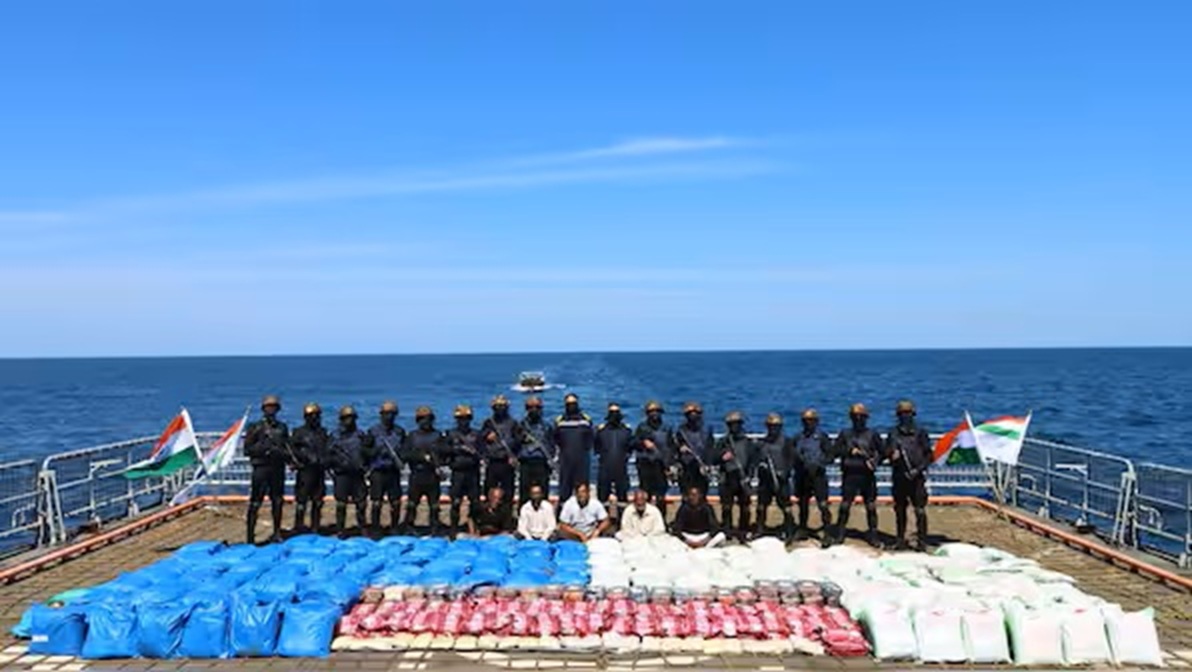Humans have moved across the world forever and continue to do so in spite of the concept of nation-states having taken birth in modern times. Immigration risk is usually worked out from the perspective of the host country welcoming immigrants to enable genuine migrants and students to travel to that country. This view generally panders to their requirements, while also ensuring that fair practices are put in place. However, at the end of the day, there is a business orientation to migration and where profits are to be made, it is inevitable that exploitative practices will develop. I have written this article with the aim of supporting the understanding of potential international students/migrants. Although referring generally to rules and practices in the Oceania region, these could apply in most situations.
Migrants and international students.
For many people, there is a confused understanding of what is a migrant and what is an international student. Simplistically, an international student is seeking to visit the country temporarily for the purpose of studies and a migrant is seeking a temporary or a permanent right to live and work in the country. The underlying assumption for international students is that they will study and return to their country of residence, or will return after getting some experience in the field that they have studied in, or will take a decision to become a migrant. The last one is not considered sine-qua-non or an inevitable fallout.
Policies and practices
Both migrants and students should know that most host countries have transparent immigration policies that are available for all to access. A simple google search or exploring of government immigration websites will answer most questions. Then there are licensed immigration agents who go through a fairly stringent process to get their qualifications & licenses, and therefore have to ensure that they maintain an ethical practice. However, an agent’s license is of consequence only where there is immigration advice that is sought. Given the aforementioned underlying assumption, advice to international students is not considered as immigration advice. In the murky world of international students, universities directly interact with agents who do not have to possess any license or qualification to woo students. While universities and private education providers do look for agents of repute to maintain their immigration risk ratings, neither the education provider nor such agents are truly focused on the student’s education or future needs. It is money that drives this industry and going by rising international student fees structures, stakes are high.
It is thus inevitable that a large number of students land up getting enrolled for courses they do not have sufficient interest in, or probably would not have been their first choice, and are probably unaware of the pathways open to them after the course. Some students are even given incorrect immigration advice on possible pathways to migration after the studies are completed, by agents not qualified to give such advice. In all such cases, it is the students that suffer, who after spending a large amount of money (usually parents’ savings) realise that their study programme is neither leading them to migration nor to potential employment/work experience in a related field in the host country. There are potential second-tier effects on quality of life, impact on the family due to loss of savings, mental health issues etc. that are not being analysed as data would be required to do so. Instead, I have chosen to make suggestions that can save some angst to people undertaking such a journey.
Advice for future international students
Know the purpose of your study. If the intent is to migrate to the country, then look for a study option that balances your interests, competencies and skill shortages in the host country. Long term and short term skill shortage lists are published by these countries and are available for all to access. A little bit of research will go a long way.
Selection of a study programme. After identifying potential areas for study based on the above research, analyse potential education providers and different types of courses available in the areas identified. Go beyond the fees to analyse the course requirements (language, previous qualifications etc.) and course outcomes that apply best to you. Read reviews of the education provider and the study program. Saving money at this point may turn out to be penny wise and pound foolish. Remember to pick a study program which does not make your lack of experience of living in the host country or cultural understanding a disadvantage.
Understand the terminologies. Teaching practices and professional terms may differ in the host country. For example in India, an education degree is also a teaching degree, whereas, in most of the western world, education degrees do not open a pathway to teaching as they relate to areas such as administration, policy advice, curriculum development etc. All education providers will clearly state on their website details of what the qualification will lead to – read it.
Understand the pathway.
All studies will usually have a pathway to employment which would again be given on the website. Check the employment options that you are seeking and confirm that the course you plan to undertake grants you the license or registration essential to obtain employment in that field. Taking the same example, you need to have a teacher’s registration in order to be able to teach at a particular level. Competing for an education degree does not lead to such registration and hence if your intent is to teach at a primary or secondary school level, search for a teaching degree that leads to such registration. Again, all this information is available and a bit of research can save you much agony later.
Choice of Agent.
While seeking an agent of repute, also cross-check study recommendations of the education agent with a licensed immigration agent to understand if there is a possibility of migration thereafter, if that is your interest. Remember, only a licensed agent is eligible and qualified to give immigration advice. Selecting an agent to represent you is a tough choice, but avoid being dictated by just one factor such as cost. And, more importantly – always first read up on your own.
Employers are not lined up.
Remember that employers are not lined up waiting for you in such countries. The job market is competitive and therefore focusing your study effort, in the beginning, will matter when you step out to seek employment. Ask yourself – will a potential employer seek to employ you or is there sufficient local experience in the field which would make it difficult for you. For example, an employer looking to hire a business manager is likely to prefer a candidate with local experience and local cultural understanding over an international student who has just finished a qualification.
Living and working conditions.
Often students are drawn to compromising upon their living arrangements and to seek work that makes it difficult to balance with their studies in order to save money. Do take feedback from people who have undertaken this journey on these issues and consider the impact on your work-life balance.
Immigration risk is an area which needs to be analysed not just from the perspective of countries open to immigration but also from the perspective of countries from where migrants and international students travel. Rising costs of international education are indicative of the stakes and the potential for exploitation. This article has only touched upon some bare essentials for consideration individuals planning to undertake such a journey. There are other aspects related to specific individual requirements or even strategic aspects related to loss of talent and finances which also demand attention.
Title image courtesy: http://globalvisasupport.blogspot.com/2017
Disclaimer: The views and opinions expressed by the author do not necessarily reflect the views of the Government of India and Defence Research and Studies





